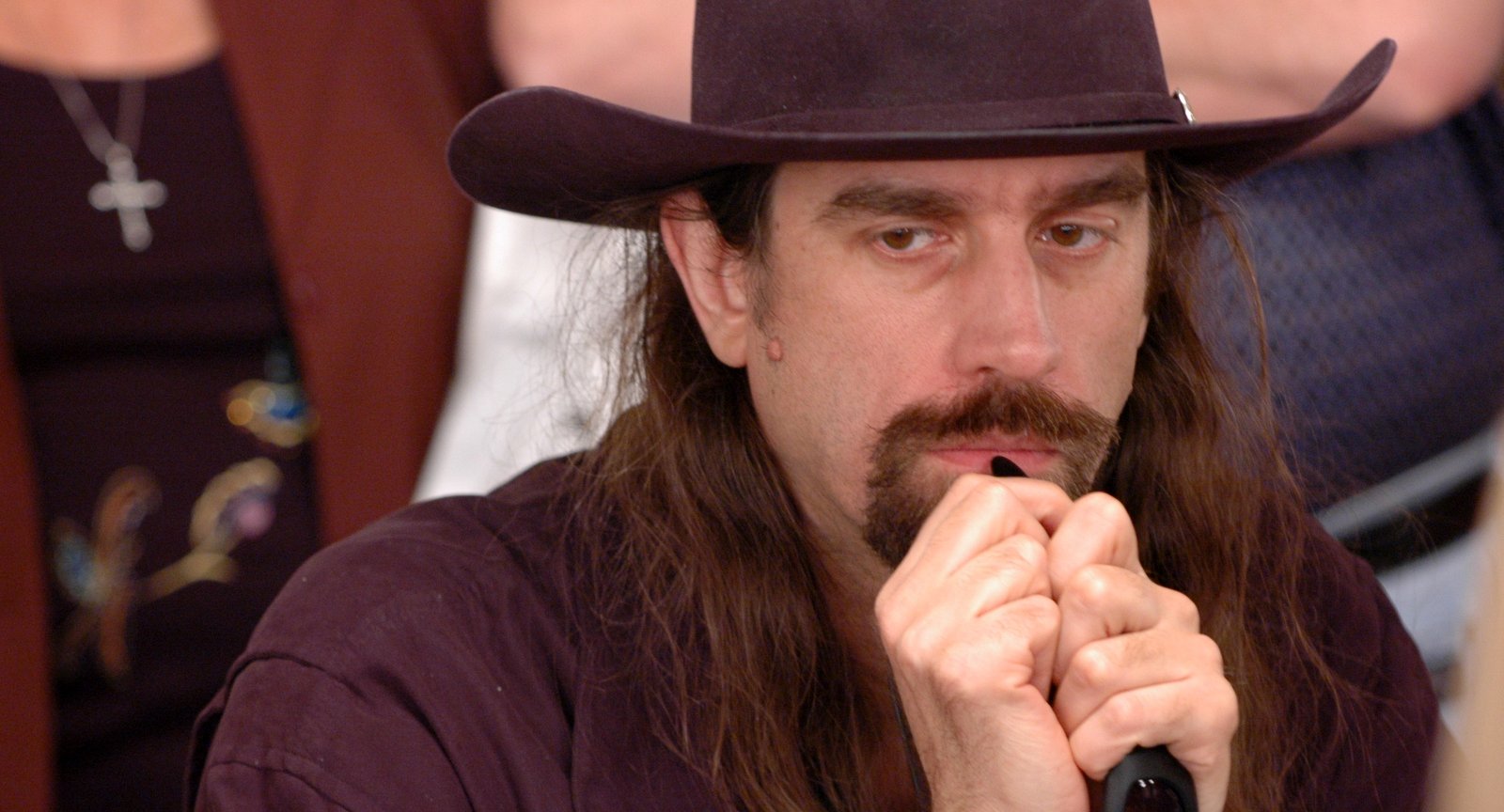It may seem hard to believe to some younger poker players, but Chris Ferguson was once a popular figure in the game. Twenty years ago next month, the former Full Tilt Poker pro won the WSOP Main Event, capping off an impressive series.

The then 37-year-old defeated the legendary TJ Cloutier heads-up to win the world title. Cloutier was also the runner-up in 1985 and has six career bracelets.
Ferguson now has a ruptured relationship with much of the poker community due to the 2011 Black Friday scandal. Many blame him, along with other Full Tilt execs, for his alleged role in the poker site’s inability to pay out its players upon shutdown.
Prior to April 15, 2011, his reputation was that of a respected poker player. That greatly differs from how many in the poker community view him today. But in May 2000, he won poker’s most prestigious tournament and made a name for himself as a poker player in the process.
Ferguson Would Have Been a Two-Time POY Winner
Heading into the 2000 World Series of Poker, Ferguson was a known and respected player in the game. But he certainly wasn’t considered among the elites such as Doyle Brunson, Phil Hellmuth, or his Main Event heads-up opponent TJ Cloutier.
Earlier in the series, he won his first bracelet in a $2,500 Limit Seven Card Stud Tournament for $151,000. Prior to the $10,000 Main Event, he also had a pair of deep runs (7th and 8th place finishes). Back then, the WSOP was much smaller. There were only 25 bracelet events in 2000, which pales in comparison to the 101 tournaments scheduled for the now postponed 2020 WSOP.
Given his already impressive series, Ferguson likely would have been the front-runner for Player of the Year heading into the series-ending Main Event, had there actually been a POY race back then. After winning the Main Event, he undoubtedly would have scooped POY. Ferguson did, however, win Player of the Year 17 years later.
Battle Between Two Poker Giants
The 2000 WSOP Main Event had 512 entries — a record at the time. After Steve Kaufman busted in third place ($570,500), the table was set for two talented pros — TJ Cloutier and Chris Ferguson — to battle it out for the crown of being world champion, and the $1,500,000 prize.
Cloutier, who already had four bracelets, was the veteran, and a future Poker Hall of Famer. Ferguson was looking to prove he was among the elite players in the game. What better way to do that than winning poker’s most prestigious annual event?
Ferguson held a massive chip lead when heads-up play began thanks to busting three other players at the final table. But Cloutier wasn’t just going to lay down and quit. He battled back, thanks in large part to a cooler. The four-time bracelet winner hit a set of 10s to beat Ferguson’s two-pair to score a crucial double-up.
He nearly added another double-up, but got a bit unlucky when he ended up chopping with A-K against A-7. The board ran out 2-5-2-J-J for a chop. After the players went back and forth for quite some time, Ferguson hit a lucky river card to seal the deal.
On the final hand, Cloutier made it 175,000 to go pre-flop with A-Q. Ferguson three-bet to 600,000– or, as they said in those days, “re-raised” — with A-9. Holding a superior hand, Cloutier then moved all-in and his opponent called.
The board ran out K-4-2-K-9, giving Ferguson a memorable suck-out on the river. He won the Main Event and will forever be a world champion. But many poker fans now consider his reputation be forever tarnished.
Times Have Changed for Once Beloved Poker Pro
From 2000 until the Black Friday scandal on April 15, 2011, Ferguson had an impeccable reputation in poker. He was the man often referred to as “Jesus,” due to his striking resemblance to the Christian’s proclaimed son of God.
Ferguson was a regular on televised poker shows such as “Poker After Dark.” Fans at the WSOP would often stop him for an autograph. And despite his quiet, methodical demeanor, he was one of the most beloved poker pros during the poker-boom era.
But due to his supposed role in the Black Friday scandal, many poker players want him banned from the game. Ferguson took a few years off before returning to the WSOP in 2016 to the dismay of many. He has since won a bracelet and a WSOP Player of the Year award (2017).
Many believe that, as a Full Tilt executive who accepted a multi-million-dollar bonus around the time the site was shut down in the US in 2011, he is partially responsible for the site’s inability to pay back players quickly. And many still haven’t forgiven him. Part of that reason may be due to the fact that he’s never issued much of an apology. Nor has he ever come forward with his side of the story.
Ferguson now keeps a low profile. He declines most media interview requests and only appears in live poker events during the WSOP. Maybe one day he’ll open up about his role in the Black Friday scandal, but we won’t hold our breath.


